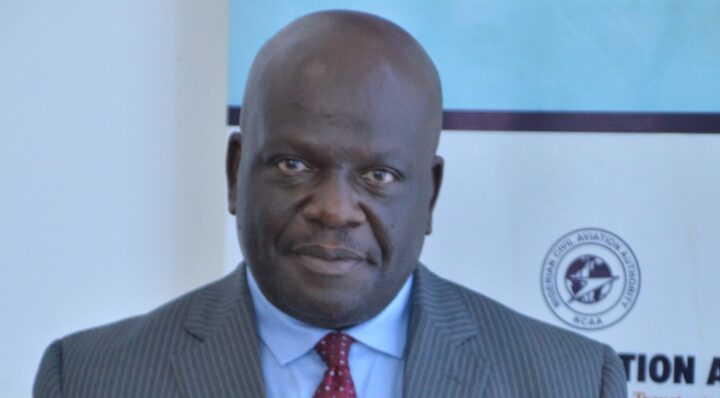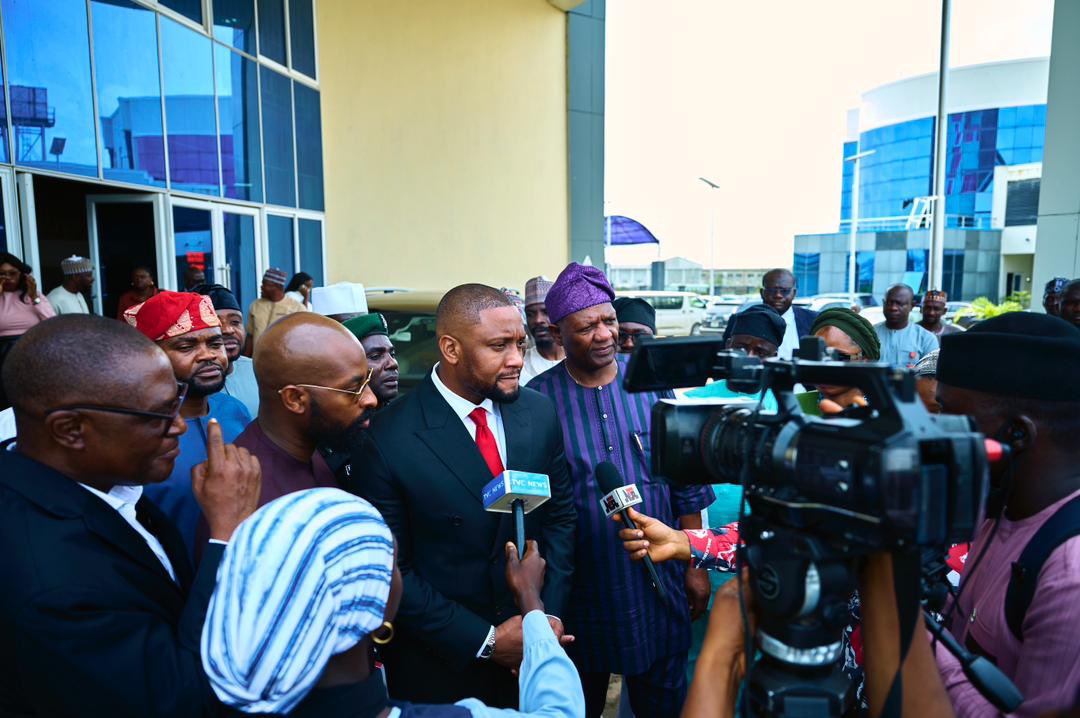The Centre for Promotion of Private Enterprise (CPPE) says depreciating exchange rates and surging transportation costs, among others, are major drivers of the country’s increasing inflation rate.
Muda Yusuf, chief executive officer (CEO), of the enterprise, made this known in a statement on Monday.
The National Bureau of Statistics (NBS) had reported that the consumer price index (CPI), which measures the rate of change in prices of goods and services, rose to 26.72 percent in September 2023 — up from 25.80 percent in the previous month.
The latest figure represents the ninth consecutive rise in the country’s inflation rate this year.
Advertisement
Speaking on the increase, Yusuf said persistent inflationary pressures in the Nigerian economy continue to be a major cause for concern, especially because of the acceleration effect on poverty.
“Purchasing power had continued to slump over the past few months,” he said.
Yusuf said while economic growth may remain subdued, the risk of stagflation heightens. He added that key inflation drivers are not receding, but have become more intense.
Advertisement
“These factors include the depreciating exchange rate, surging transportation costs, logistics challenges, forex market illiquidity, astronomical hike in diesel cost, climate change, insecurity in farming communities and structural bottlenecks to production,” the CEO said.
According to Yusuf, the issues are largely on the supply side and “elevated inflationary pressures also aggravate pressure on production costs, weakens profitability, erodes shareholders value and dampens investors confidence”.
He said manufacturers and other investors are taking a big hit because not many producers or service providers can transfer cost increases to their consumers.
The economist said: “Products with high demand elasticity are more vulnerable. Tackling inflation requires urgent government intervention to address the challenges bedevelling production, productivity and insecurity in the economy.”
Advertisement
“The real sector of the economy needs to be incentivised to ensure moderation of production costs.
“The government could tweak the tariff policies by granting concessionary import duty on intermediate products for industrialists. The same is true of investors in logistics sector.”
He advised that the government declare a state of emergency in the energy and power sectors because the effect of high energy costs is devastating.
Yusuf warned that without fixing power, logistics and foreign exchange, it will be very difficult to tame inflation.
Advertisement
He said it is important to prioritise the issues and drive accelerated progress with the right strategies.
Advertisement
Add a comment






